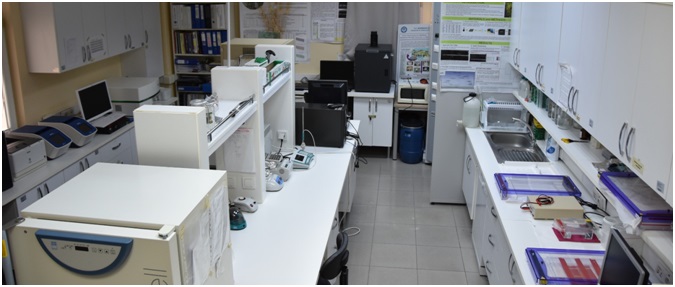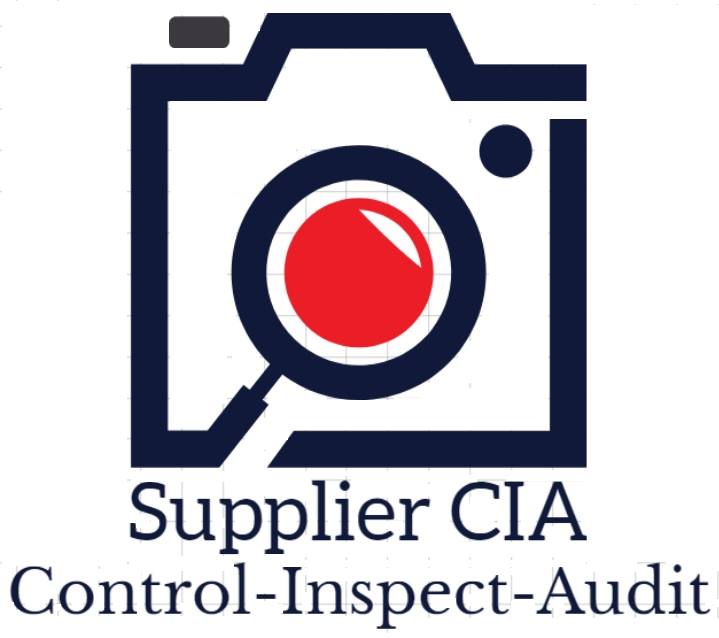
We can categorize Laboratory types into five types;
1- Big-Size International Laboratories
Famous International companies that offer lab tests are; Bureau Veritas, SGS, Intertek, or TUV Rheinland. Most big retailers and importers use the offices for theirs needs.
If there are new regulations for your imported goods you can talk with an expert from them.
Especially for hazardous products needs to be detailed tested and certified for safety. In the future worst scenario; someone can die bec. of your product you can present famous labs’ logos to the for the legalities.
However as they mostly work with big companies and long-term partnerships, it is difficult to find someone for specific questions or dealing on time urgent needs.
2- Mid-Size International Laboratories
Mostly they are well equipped, however product range is lower. They work mostly with (SMEs ) mid-sized manufacturers. You can reach them through national labs associations.
They mostly do extra works for you, very helpful and on-time responses compared with the big labs. They directly call you if something goes wrong.
3- Local Laboratories (Univ. research Labs)
There are single brach labs designed for special products mostly government and universities. For example, in a marble-produced area, you can easily find a university lab for natural stone testing with fully equipped. Sometimes lack service or less professionally.
4- Labs of Big Factories
Most of the big manufacturers (mostly having a history in the same industry) establish their own labs for product mostly for development and research. If you are buying them you can run most of the tests for free however it is better to accompany an inspector and check for regular calibrations of equipment.
5- Informal Labs in Client Offices
Working with the same product range many importers establish small labs having simple equipment to do tests in their offices. For example, a garment purchaser easily uses a washing machine, dryer, cut and weight fabrics, etc.
As a disadvantage, if they don’t accommodate technician in their organization is more or less aware of their lack of accuracy. That’s fine if all they want is to avoid big problems. When a result is in the “grey area”, they should send samples to a third-party lab to get a more precise evaluation.

